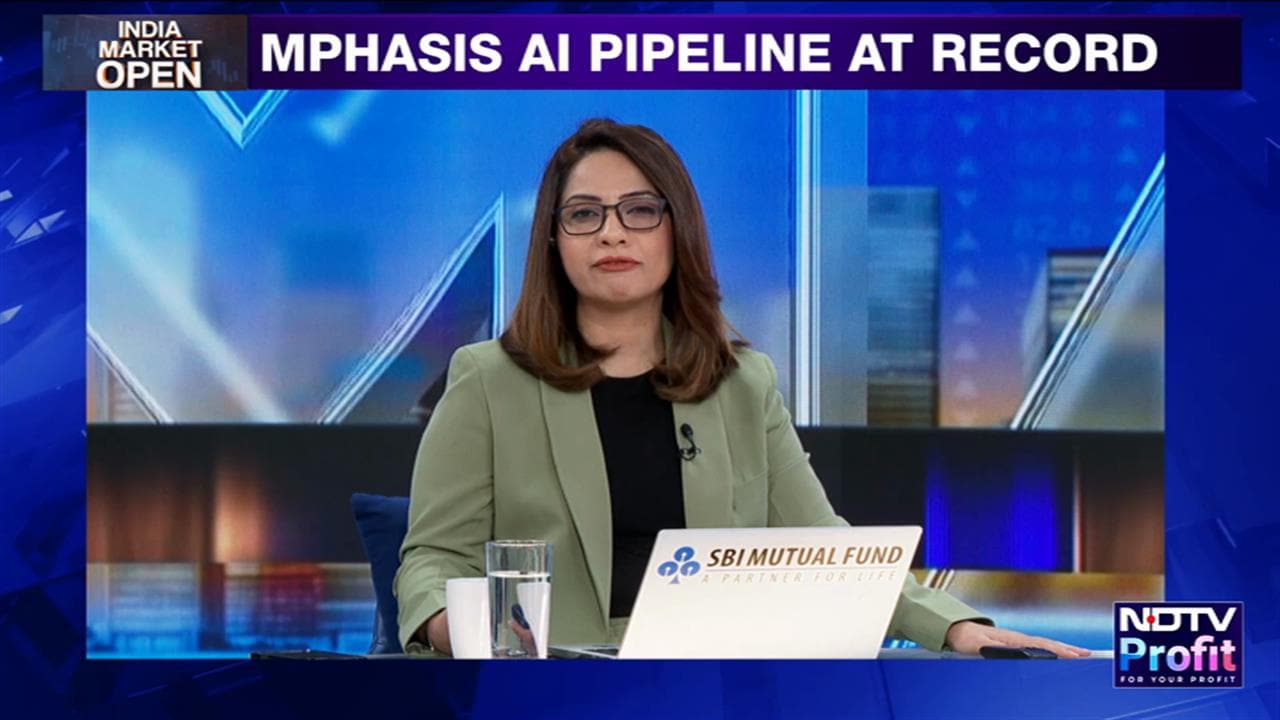
The Insolvency and Bankruptcy Board of India has removed the restriction preventing the same insolvency professional from participating in both the resolution process for a company and for its individual guarantor.
This will reduce the risk of misrepresentation and concealment of information, as the same RP would be involved in both processes, according to Alay Razvi, partner at Accord Juris LLP, Hyderabad.
According to Delhi High Court Advocate Shashank Agarwal, this makes sense as the RP, who has already been working on the corporate, which is under the Corporate Insolvency Resolution Process, would already be aware of the affairs of the personal guarantor. This would expedite the process, he said.
Sushmita Gandhi, partner at IndusLaw, agreed, saying that the move benefits creditors as the professional is familiar with the entire transaction, enabling efficient resolution of debt-related issues under both processes.
In the past, obtaining information between different resolution professionals for the corporate debtor and guarantor has always remained a stumbling block, said Sanjeev Kumar, partner at Luthra and Luthra Law Offices India. This would be corrected by this amendment, according to him.
This comes after a crucial development last November, when the Supreme Court confirmed the legality of crucial parts of the Insolvency and Bankruptcy Code, including the initiation of insolvency proceedings against personal guarantors.
Anil Ambani, chairman of the Reliance Group, was one of the petitioners challenging these IBC provisions, claiming they left personal guarantors vulnerable to resolution professionals.
The Supreme Court's decision—covering 350 petitions, including Ambani's—clarified that the IBC isn't retroactive and stressed the timebound nature of processes and the supportive role of resolution professionals.
This amendment facilitates better coordination in addressing overlapping claims and distributions among common creditors, according to Ravi Bhasin, partner at AZB & Partners.
In the absence of group company insolvencies, and where there would be various RPs already appointed for different corporate debtors of the same group, it would be interesting to see how the common RP construct will be implemented.Ravi Bhasin, partner, AZB & Partners
In another 2020 case, State Bank of India vs Athena Energy, the National Company Law Appellate Tribunal ruled that the Corporate Insolvency Resolution Process can be initiated simultaneously against both the principal borrower and the guarantor. The bench recommended a common resolution professional between a principal borrower and guarantor.
Having a common resolution professional can significantly aid in effective resolution, as coordination would become easier with the same individual in charge of both processes, said Kumar Saurabh, partner at Khaitan & Co.
IBBI has also modified rules on Committee of Creditors meetings, making them mandatory for insolvency cases related to personal guarantors.
Essential Business Intelligence, Continuous LIVE TV, Sharp Market Insights, Practical Personal Finance Advice and Latest Stories — On NDTV Profit.























